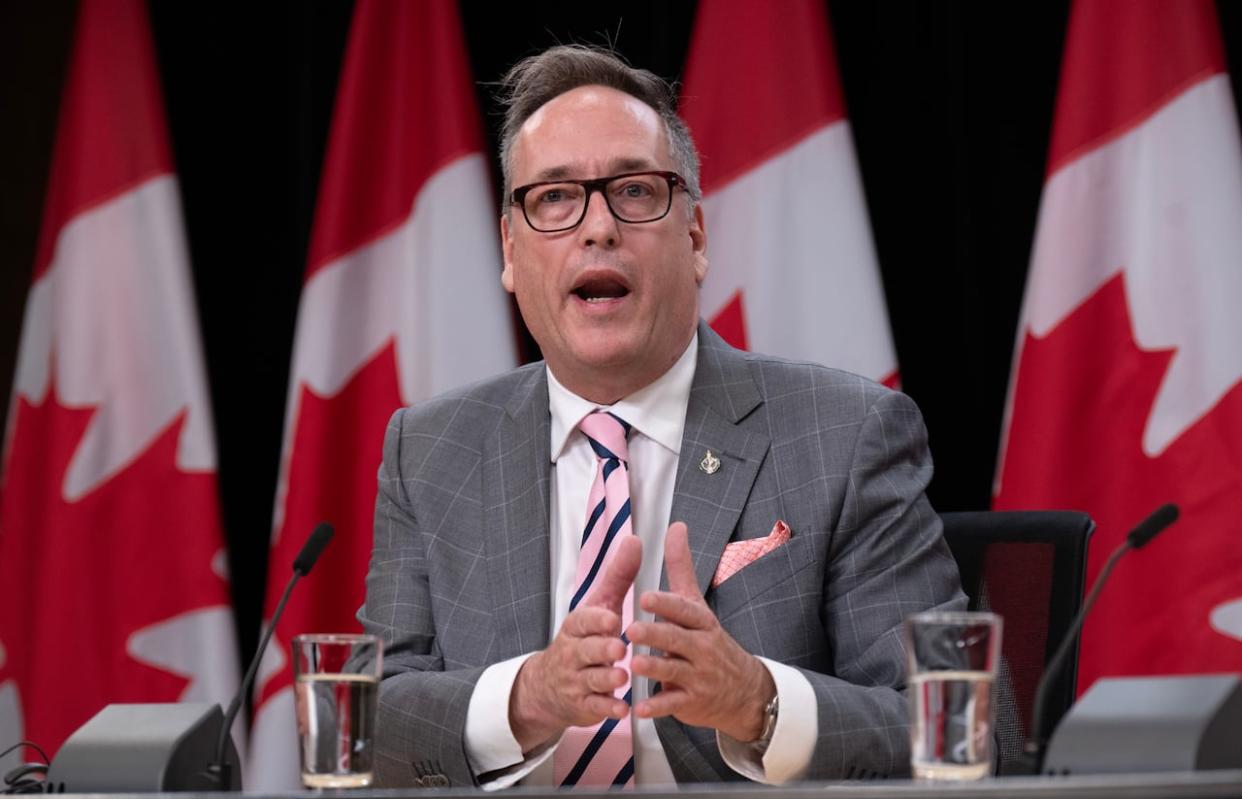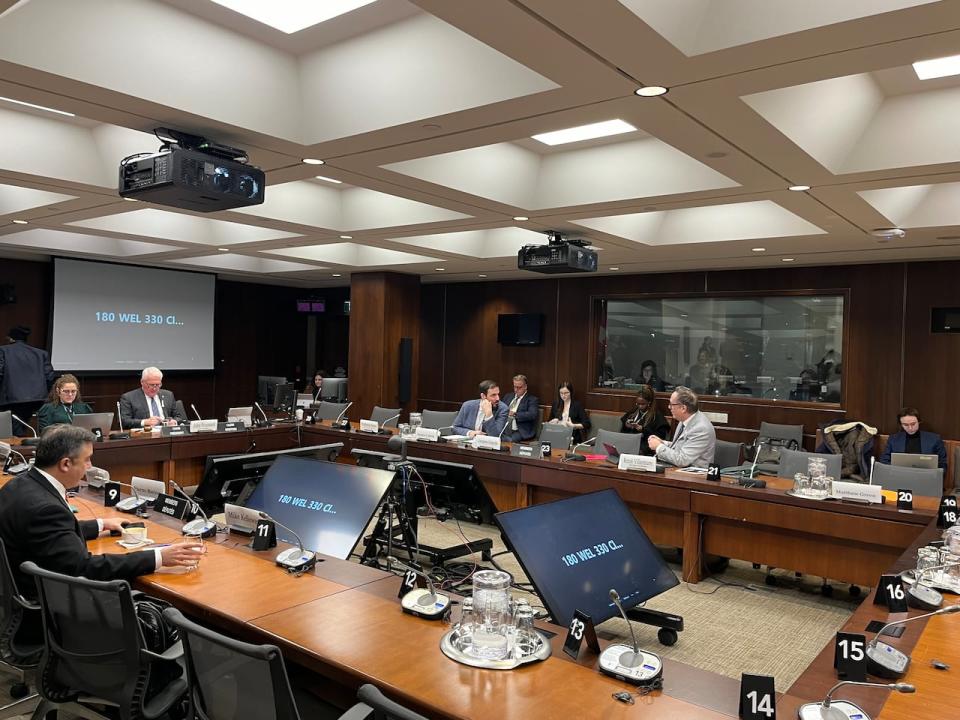Parliamentary committee to study federal departments' use of tools to extract personal data

A parliamentary committee will look into the use of tools capable of extracting personal data from mobile phones, computers and tablets within the federal government.
The Bloc Québécois motion requesting such a study was adopted Wednesday with unanimous support from members of the standing committee on access to information, privacy and ethics.
According to a Radio-Canada report published last week, at least 13 federal departments and agencies use these tools during investigations, for example.
The tools in question can be used to recover and analyze data found on computers, tablets and mobile phones, including information that has been encrypted and password-protected. This can include text messages, contacts, photos and travel history.
However, none of the agencies or departments have carried out a privacy impact assessment prior to their use of this technology, as required by a directive from the Treasury Board of Canada Secretariat.

The MPs who sit on the standing committee on access to information, privacy and ethics voted in favor of a motion to study the use of such technology in the federal government. (Radio-Canada)
Bloc MP René Villemure, one of the vice-chairs of the standing committee, presented the motion and says he welcomes the committee's decision to scrutinize usage of the technology.
"Citizens are concerned about their privacy," he said. "When we hear of departments or organizations using such techniques to observe people, frankly it is unacceptable."
Liberal MP Mona Fortier, the other vice-chair, said she's concerned that the departments "probably did not follow the protocols that are in place."
"But I would like to say that the government is not there to spy on civil servants or departments," said Fortier, who was president of the Treasury Board until this past July.
The committee plans to undertake this study starting at the end of January.
The president of the Treasury Board Anita Anand, the leaders or senior officials of the 13 federal institutions that use these tools, the privacy commissioner, as well as leaders of unions that represent civil servants will be among those called to appear before the committee.

